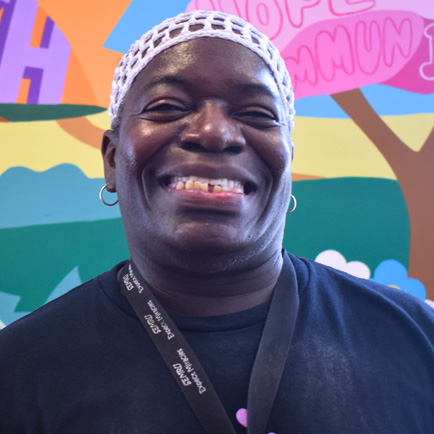Who we are:
The Community Advisory Board (CAB) is a group of individuals who have lived experience with opioids and overdose. The CAB is comprised of people from all walks of life who are also: in recovery, including people on medications for opioid use disorder; family members of people who are living with substance use disorder; people who live with HIV and/or HCV; people who are experiencing homelessness; people who are formerly incarcerated; people who use drugs; people with a history of commercial sex work; recovery and harm reduction advocates; clinicians and peer recovery coaches; people living with disabilities; and people of diverse gender identities, races and ethnicities, sexual orientation, and ages. Many CAB members are additionally advocates for racial equity, destigmatizing substance use, and expanding access to treatment and harm reduction services.
Why we are important:
The CAB provides insight on the direction of research and also focus. We also strive to redefine relationships with researchers working in our communities. Community empowered research is an opportunity for community-based science education. The CAB believes that being involved in research can lead to more accurate information about our own lives and ways in which we are depicted. Collaborations between community members and researchers enhance studies while expanding our understanding of current findings.
What we do for researchers:
The Advisory Board informs researchers of the issues that are impacting the community. We also provide guidance on the best places and ways to recruit, retain, and communicate with participants. The CAB can make recommendations as to what questions to ask study participants and how to this can be done in transparent, trauma-informed ways. Members also provide support to researchers by determining how to disseminate results to the community in ways that make sense.
What we do for the community:
Our collaboration with researchers helps the wider community (specifically marginalized populations), to understand the importance of their role in research. This can create autonomy within the research process, thereby increasing trust in researchers and the overall processes. Encouragement of participation in studies and an increase in public knowledge of study findings.
How it works:
COBRE researchers will meet with CAB Members at different points of their study and can request additional consultations as needed. These meetings give investigators the opportunity to ask for input on design, language, implementation, etc. Additionally, each quarter the CAB meets without researchers to discuss findings and issues in the field of opioids and overdose and solutions on how to affect change.








